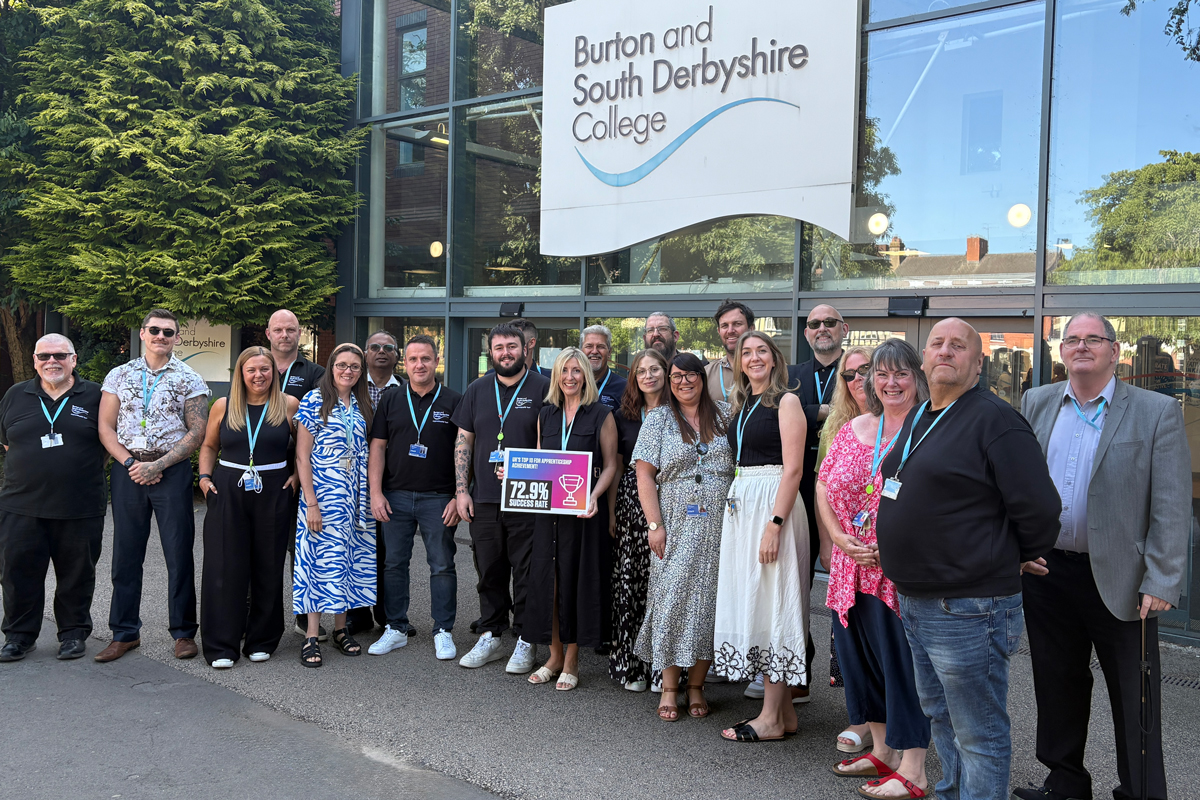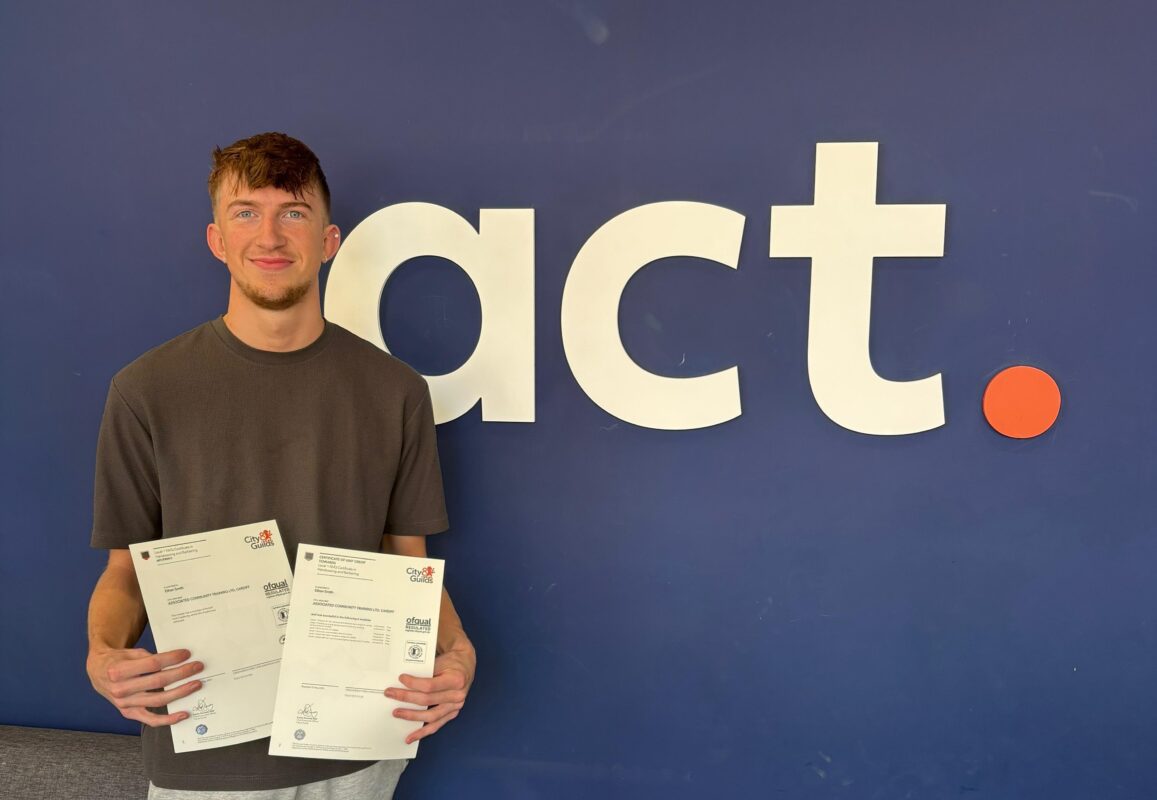Managing a sustainable workload

The pressure of work can be positive and beneficial, however, if this turns into ongoing stress, it becomes negative and can lead to health issues and declining productivity. Improving your personal effectiveness is one way to help restore balance, support your own personal wellbeing, and be better able to support colleagues and students.
Introduction
Personal effectiveness is integral to managing a sustainable workload and promoting and protecting personal wellbeing. We can all recognise the feeling of satisfaction from a job well done, and conversely have likely experienced the opposite – the anxiety and stress that comes with unfinished tasks and a seemingly endless ‘to do’ list.
Whether you’re a leader, teacher or support staff, working in education typically comes with a heavy workload, resulting in a daily routine that invariably passes contractual hours. However, if you let your workload dictate the hours you work, as many do, it inevitably leads to an unsustainable work pattern, which can significantly impact your personal health and wellbeing.
In colleges and schools, there is a high level of accountability, with the need to meet targets and deadlines, to deliver the syllabus and results. Often there are ‘unspoken’ expectations to accept additional responsibilities, as well as demands from students, parents and colleagues – who you may naturally feel you should support. Or it could simply be a personal need for perfection – to deliver everything, rather than accepting when things are good enough.
Despite the pressures or perceived pressures created by the never-ending workload, it is important to keep things in perspective. The more stressed and anxious we are about what we believe needs to be done, the less likely we are to achieve it.
Creating Healthy Work Habits
So how can we create healthy work habits? What changes are needed so we make better choices about our working hours?
Here are some steps to help prioritise tasks, work more efficiently and increase your personal effectiveness:
Set a clear working hours goal
- Decide the hours you will work, beginning with the most important tasks, set a specific time to complete each of them and learn to stick to this schedule. This is easier said than done – but make a start and it will improve with practise.
- Review your progress daily. Create a trigger to remind you to review – this could be a sticky note on your dashboard or an online calendar alarm. Ask yourself – ‘How did I do today?’ Without triggers it is easy to forget.
Reflect on your progress
- Book a weekly meeting with yourself, and spend time to consider progress. Identify new opportunities and learn from mistakes. Record your successes, no matter how small, and forgive yourself for lapses.
- Ask for support from trusted colleagues, friends, and leaders – build a support team you can talk to and who can help you build the right habits.
Make changes in your approach
- Review your tasks and remove any that have low impact for your students, parents, or colleagues – particularly those that take significant time.
- Learn to say no – in reality this means being able to successfully negotiate – ‘Yes, I can do that, though which of these should I leave?’
Accept there may be times when there is more to do, for example during examinations and assessments, but still ensure you are always mindful of your time.
Adapting your work to meet the hours you have decided to work, will take time – and for many it will be a challenge – do not expect things to change immediately. Continue to reflect and practice and you will begin to see improvements.
Focus on your own performance and those things you have control and influence over, and learn to accept those you don’t – in this way all your energy is centred on what you can do.
Prioritise one task at a time. There are many myths about multitasking, but mental capacity reduces with each additional task. Attempting to complete several tasks at once, reduces speed and accuracy and drains your energy. Alternating between tasks without completing them has the same effect, as it constantly interrupts your concentration, so each one takes longer to complete.
Ideally, take a break every 90 minutes, or as often as you can between lessons, lectures and meetings. Even a short break when your mind is completely disengaged from work, will reap benefits. It allows you to recharge and have new energy and focus and increases productivity. Just 10 minutes will make a difference – do something you enjoy – take a walk, read for pleasure, or perhaps listen to music.
Attempting to get through the whole day without a break – working consistently for long periods without ‘switching off’, will reduce your energy and your productivity will plummet as the day goes on.
Conclusion
Simple steps can have a big impact on your wellbeing at work and help your energy and productivity soar. It can take time to ‘retrain’ your brain – we tend to become creatures of habit – so breaking well established patterns can be difficult, yet it will definitely bring rewards.
Personal effectiveness is as it suggests – ‘personal’ – so comparing yourself to others, whether in hours worked or levels of involvement in additional projects or voluntary roles, is self-defeating. Also, you do not know how others feel or think, or what is going on for them. There are many contributors to how we work, such as family or caring commitments, fitness and energy levels, age and health.
By Mark Solomons, Founder and CEO of Welbee











Responses